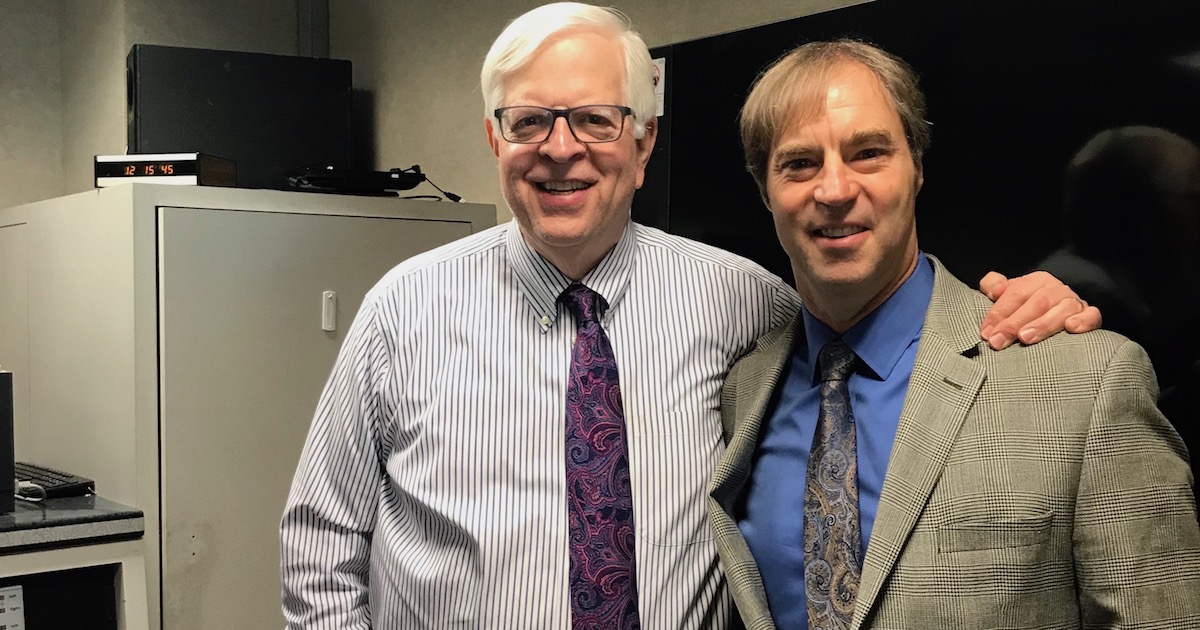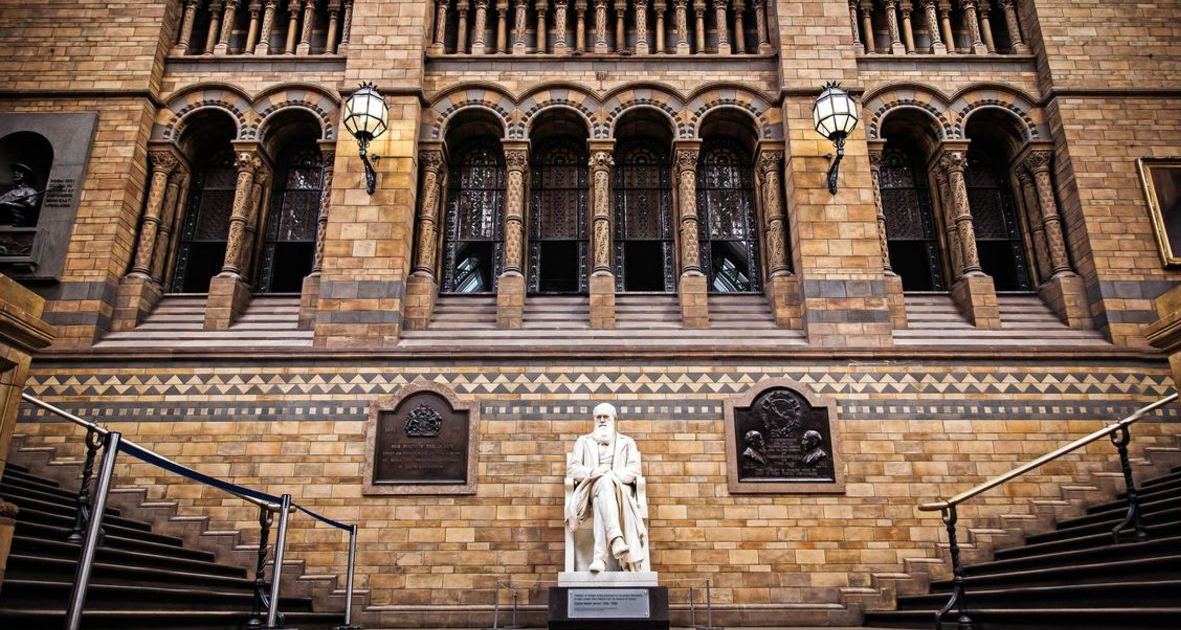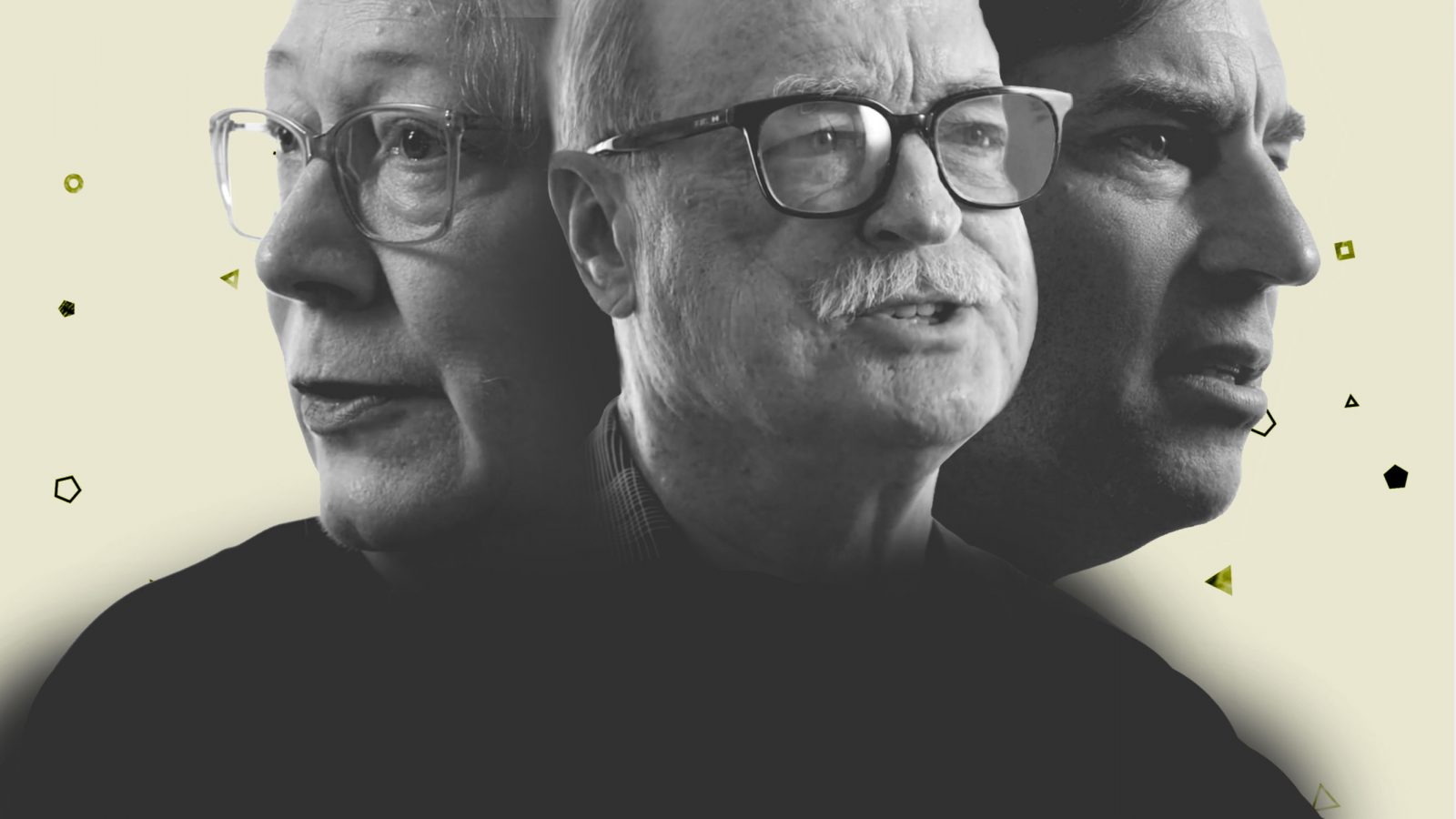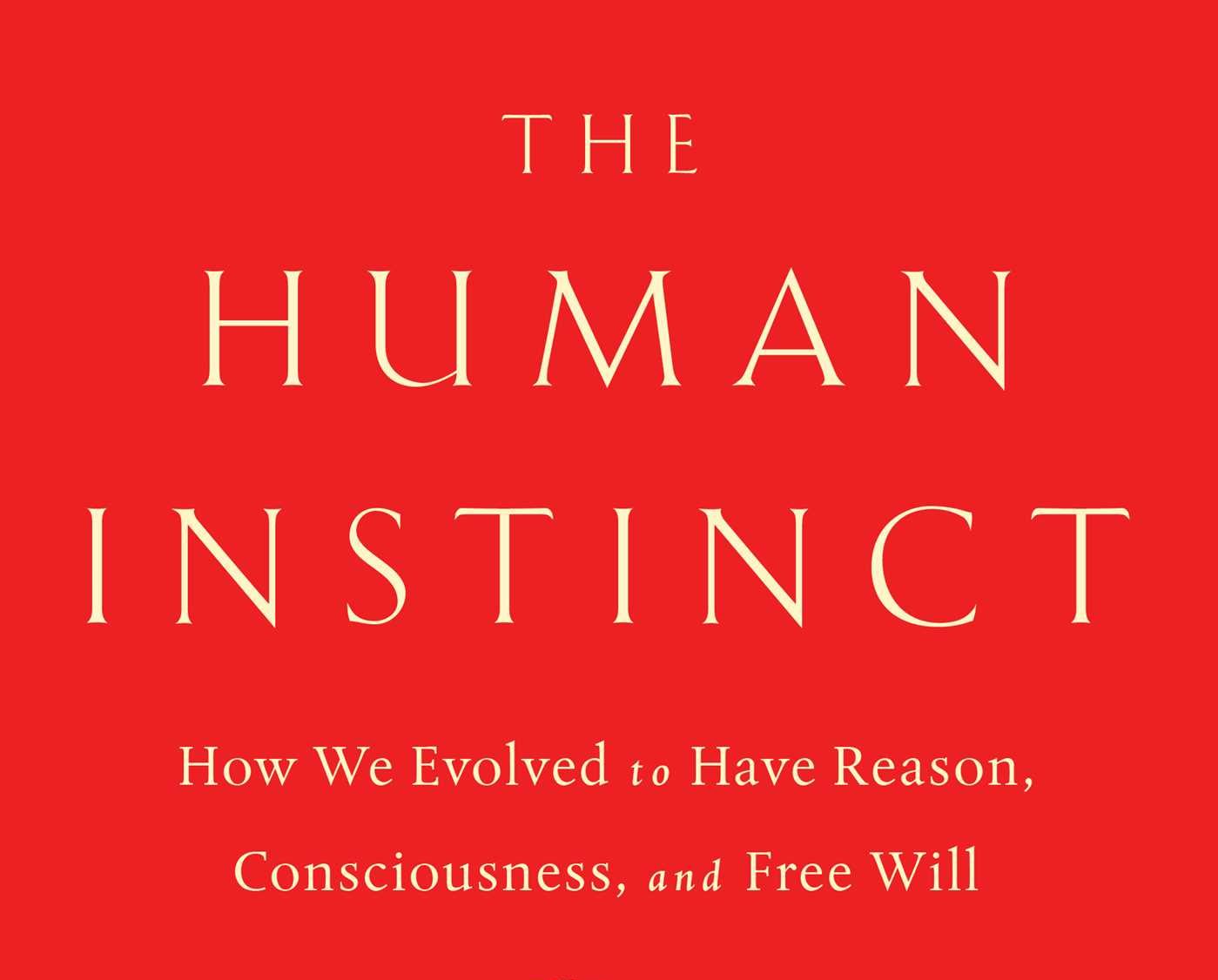
Michael Behe Answers Your Questions
This episode of ID the Future features Darwin Devolves author Michael Behe. The Lehigh University biologist and Discovery Institute Senior Fellow sat down to answer some of the most common questions put to him about evolution and intelligent design, and here we collect his answers to three of those questions: (1) What are some new examples of irreducibly complex systems? (2) What are some objections to ID from well-known critics? And (3) Why aren’t you convinced by theistic evolution arguments?







